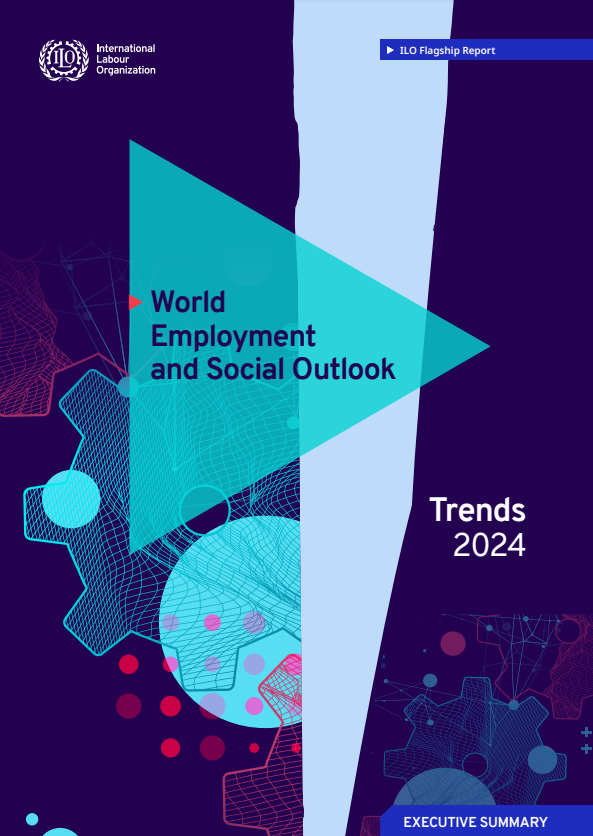
4 countries launch $134 m project to eliminate use of mercury in medical devices
The Governments of Albania, Burkina Faso, India, Montenegro and Uganda have teamed up to launch ...

A report by the International Labor Organization (ILO) said an extra two million people are expected to be looking for a job over the next 12 months, noting that over five percent of the world’s workforce is without a job.
The report – entitled the World Employment and Social Outlook Trends 2024 – said the number of workers living in extreme poverty (earning less than US$2.15 per person per day) grew by about a million in 2023.
While the jobs gap rate (the number of jobless who are looking for work) in 2023 was 8.2 percent in richer nations, it stood at 20.5 percent in poorer countries.
Similarly, while the 2023 unemployment rate stuck at 4.5 percent for wealthier countries, it was 5.7 percent in low-income countries.
In addition to the uncertain jobs market outlook, ILO noted that the majority of the world’s richest nations had seen living standards eroded, because of inflation, which is now in decline in many major economies.
The erosion of living standards resulting from inflation is, “unlikely to be compensated quickly”, said the UN agency.
ILO experts underscore that there are significant differences between higher and lower income countries. While the jobs gap rate (the number of jobless who are looking for work) in 2023 was 8.2 percent in richer nations, it stood at 20.5 per cent in poorer countries.
Similarly, while the 2023 unemployment rate stuck at 4.5 percent for wealthier countries, it was 5.7 percent in low-income countries.
ILO Director-General, Gilbert Houngbo warned that “falling living standards and weak productivity combined with persistent inflation create the conditions for greater inequality and undermine efforts to achieve social justice.
“And without greater social justice we will never have a sustainable recovery.” He called for workforce challenges overall to be tackled quickly and effectively.
Income inequality has also widened, the trends show the erosion of real disposable income, “bodes ill for aggregate demand and a more sustained economic recovery”, noted the report.
Women’s participation in the job market has bounced back quickly, but a notable gender gap persists, especially in emerging and developing nations. Youth unemployment rates continue to present a challenge.
The report also finds that despite technological advances and increased investment, productivity growth has continued to slow.
The Governments of Albania, Burkina Faso, India, Montenegro and Uganda have teamed up to launch ...
Paragon Developments has teamed up with Adeer International, PMaestro alongside their German partner, QNTF, to ...
Crédit Agricole Egypt Foundation for Development and Schneider Electric have successfully concluded the Second Phase ...


اترك تعليقا